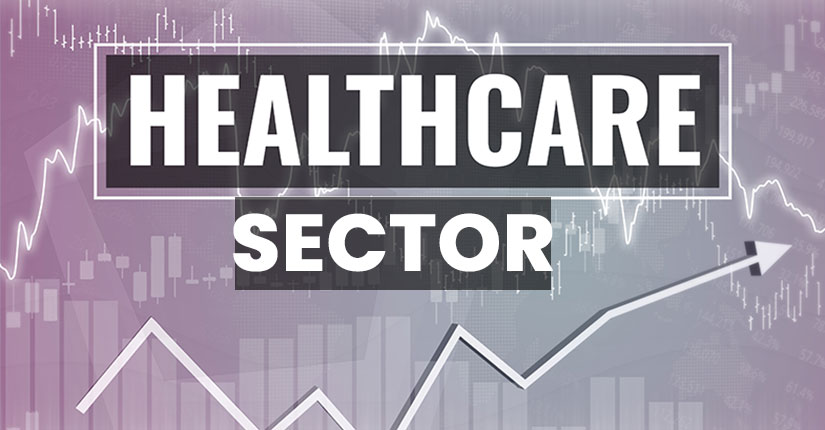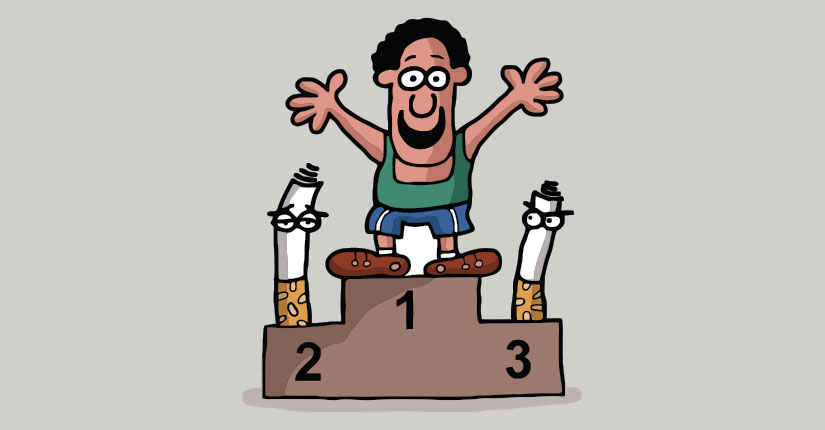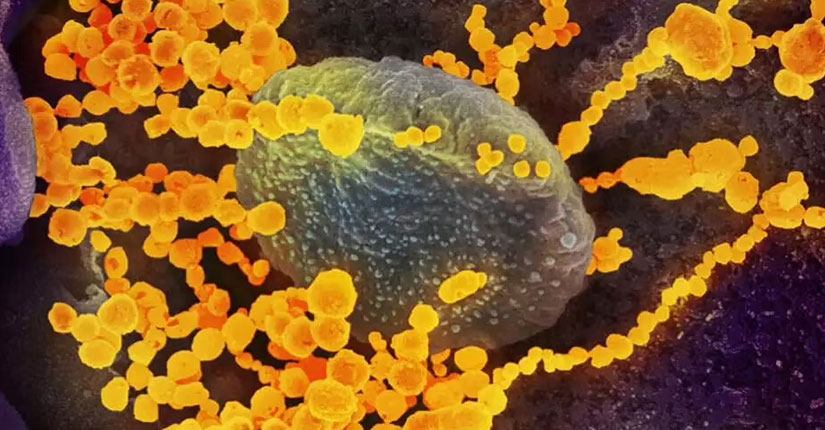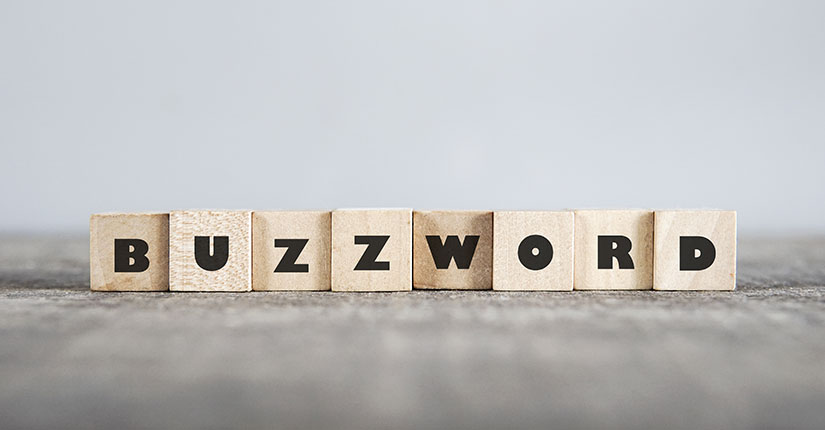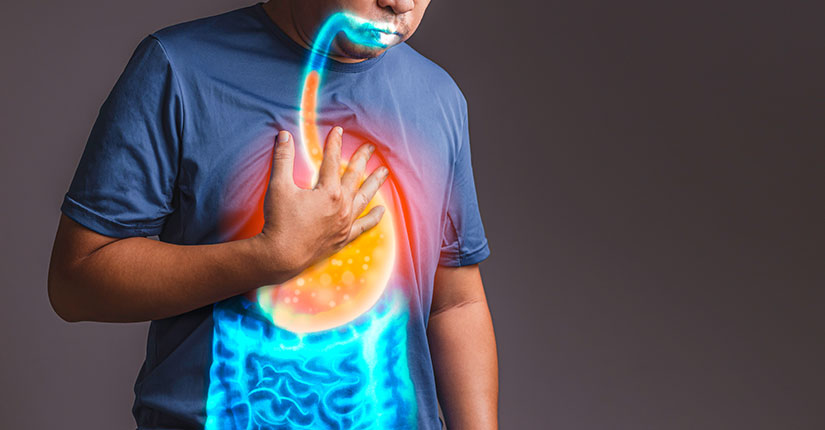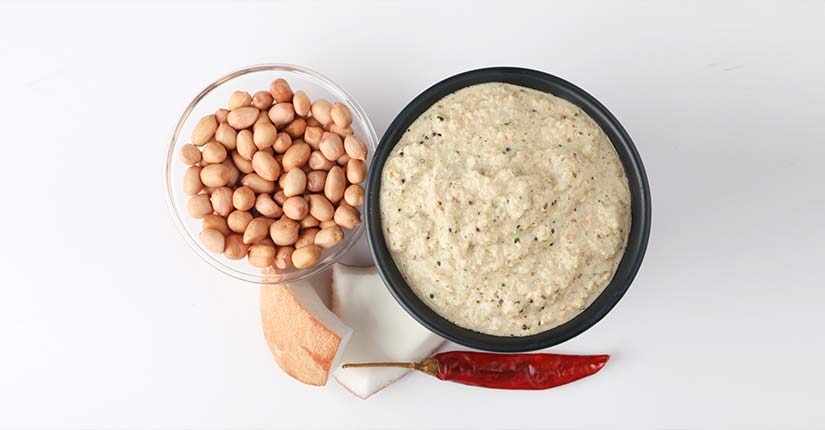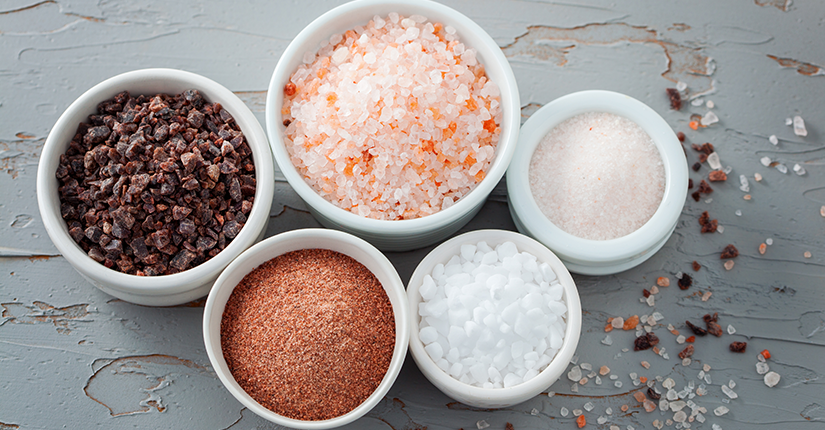ICMR Finds Anti-Malarial Drug Hydroxychloroquine Effective in Preventing Coronavirus
By Nmami Life Editorial 26-May 2020 Reading Time: 7 Mins
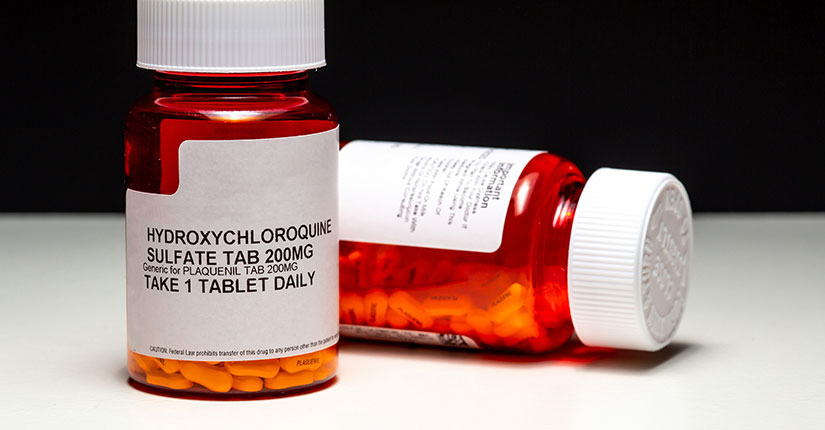
Hydroxychloroquine (HCQ) is an anti-malarial drug that is being tested as a prophylactic treatment to prevent coronavirus infection worldwide. As per the guidelines released by the Indian Council of Medical Research (ICMR) on the prophylactic use of hydroxychloroquine on 23rd March 2020, the drug was tested in the laboratories and showed promising results in treating and preventing coronavirus infection. Since then, several doctors and healthcare workers in India have been given hydroxychloroquine to prevent them from contracting the infection. India also exported the HCQ drug to many other countries, including the United States.
However, a recent study published in ‘The Lancet’ mentioned that giving hydroxychloroquine to people infected with coronavirus infection can increase their risk of death. The study was conducted on a massive scale and gave negative effects of hydroxychloroquine and chloroquine on infected people.
Continued use of HCQ: ICMR’s revised guidelines for hydroxychloroquine
The ICMR announced their revised guidelines regarding the hydroxychloroquine drug on 22nd May 2020, which stated that the medication would also be given to all the frontline workers (including police officers) who are deployed in the containment zones and the healthcare workers working during this pandemic. This decision was based on three studies conducted at various places: a retrospective case-control analysis by ICMR, another conducted by three government hospitals, and a third conducted on AIIMS healthcare workers.
Apart from this, an observational prospective study at AIIMS was conducted involving 334 healthcare workers, out of which 248 took HCQ prophylaxis in New Delhi which also showed that those not taking HCQ prophylaxis had a higher incidence of SARS-CoV-2 infection than those taking it.
On Friday, an updated and revised government advisory was released recommending the use of hydroxychloroquine as prevention for asymptomatic healthcare workers working in non-COVID-19 hospitals, frontline staff on surveillance duty especially in containment zones and paramilitary/police personnel involved in coronavirus infection-related activities.
As per the earlier advisory, it was clearly explained that the drug against the infection is also recommended for all asymptomatic healthcare workers involved in containment and treatment of COVID-19 and household contacts of laboratory-confirmed cases.
The revised advisory issued by the ICMR, however, warned that the intake of the medicine should not instill a sense of false security. The drug is contraindicated in persons having known cases of retinopathy, hypersensitivity to HCQ and cardiac rhythm disorders, the advisory specified. The drug is not recommended for prophylaxis in pregnant and lactating women and children under 15 years of age and in, the advisory said. The drug might cause cardiovascular side effects rarely like cardiomyopathy and rhythm (heart rate) disorder. In such a situation, the drug needs to be discontinued. The drug might cause rare cases of visual disturbance including blurring of vision which is usually self-limiting and improves on discontinuation of the drug, the recently revised advisory said.
The HCQ drug has to be given under strict medical supervision with informed consent, it cleared.
The advisory came out after the collective recommendation was made after the Joint Monitoring Group under the Chairmanship of Directorate General of Health Services (DGHS) and including representatives from ICMR, AIIMS, National Centre for Disease Control, National Disaster Management Authority, WHO and experts drawn from central government hospitals reviewed the prophylactic use of hydroxychloroquine drug (HCQ) in the context of expanding it to healthcare and other frontline workers deployed in non-infected and infected areas.
The advisory stated that the drug has to be given only on the prescription of a registered medical practitioner and it is advised to consult with a physician before initiation of medication, for any adverse event or potential drug reaction.
The front line workers should continue to use PPEs and they should be advised to consult their physician (within their hospital/surveillance team/security organization) for any adverse event or potential drug interaction before initiation of medication, as per the guidelines issued by the health ministry.
If in case, someone turns out to show symptoms while on prophylaxis, he/she should immediately contact the health facility, get tested as per national guidelines and follow the standard treatment protocol, the advisory said.
Apart from the symptoms of coronavirus which are fever, cough, breathing difficulty, if the person on chemoprophylaxis shows any other symptoms, he should immediately seek medical treatment from the prescribing medical practitioner.
Even if on prophylactic therapy, all asymptomatic contacts of laboratory-confirmed cases should stay in self-isolation and home quarantine, as per the advisory.
Over to you
The World Health Organization (WHO) said it found no evidence and so has advised against the use of the anti-malarial drug hydroxychloroquine, in randomized clinical trials of drug’s effectiveness for COVID-19 treatment.


